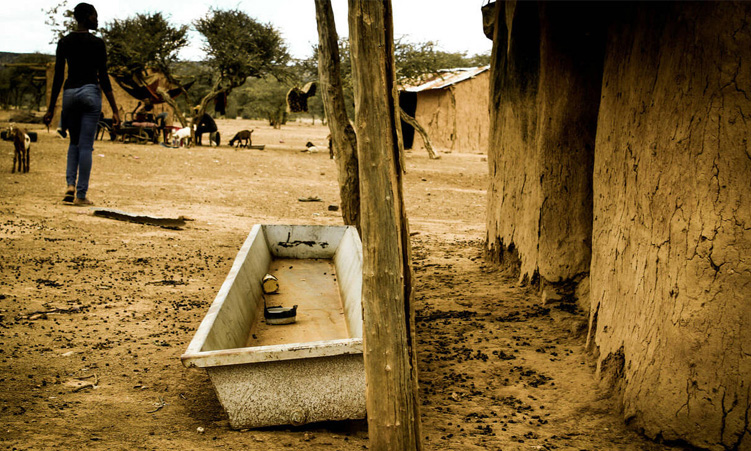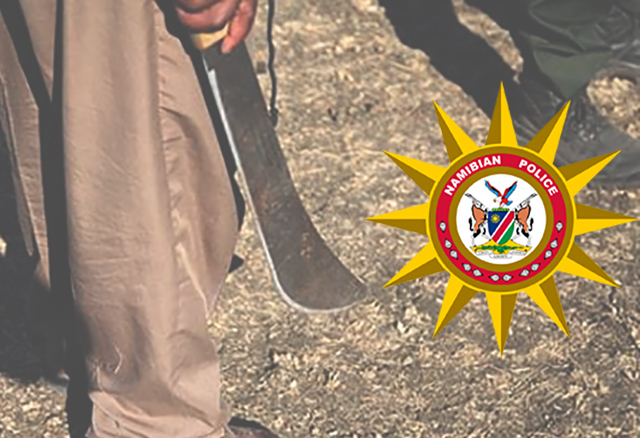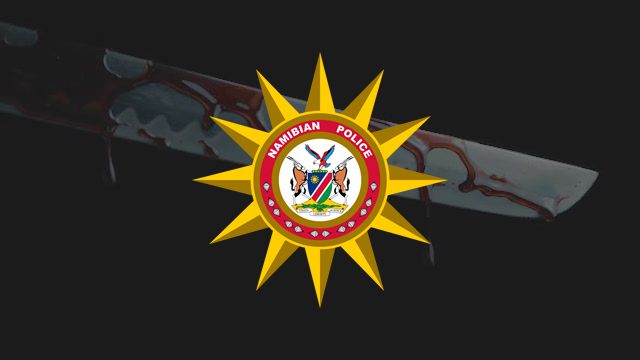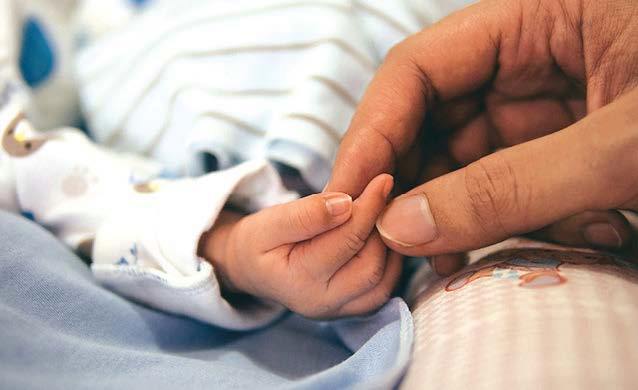The government is implementing a nationwide drought-relief programme, at an estimated N$825 million, to assist drought-stricken communities during the 2024-25 season.
According to the programme released by Office of the Prime Minister (OPM) executive director I-Ben Nashandi, this follows the declaration of a national state of emergency by president Nangolo Mbumba on 22 May due to drought.
“The programme entails food assistance to vulnerable households; seed and horticulture provision; livestock support programme and water provision. It covers all regions of the country, targeting 341 855 households with a food insecure population of 1 299 049,” noted the OPM statement.
The food assistance per household, per month will consist of one bag of 20kg maize meal or mahangu meal; four 400g tins of fish each or 400g of soya mince or 1,5kg of frozen beef or game meat and a 750ml bottle of cooking oil.
This intervention, to be implemented by the OPM from 1 July 2024 to 30 June 2025, is targeted at rural households whose subsistence farming was affected by drought; a household with a combined monthly income not exceeding N$3 200; and household not receiving food relief from any sources (equivalent to government food basket) during the intervention period.
“The government has budgeted an estimated N$600 million for this intervention,” noted the statement.
The government, through the Ministry of Agriculture, Water and Land Reform, will also provide subsidised seed and other support.
The scheme will start in August 2024. It will complement existing government programmes such as the Dryland Crop Production Programme (DCPP) and Namsip.
The ministry will procure seeds and fertiliser and distribute to agricultural development centres to be sold at subsidised prices in line with the 2024/25 DCPP modalities.
A farmer only qualifies for a maximum of 100kg of maize seeds sufficient to plant five hectares; or a maximum of 20kg of pearl millet seeds sufficient for five hectares, or a maximum of 20kg sorghum seeds to plant five hectares.
In addition, the farmer only qualifies for 25kg of cowpeas and/or groundnuts sufficient for intercropping a five hectare field. Meanwhile, subsidised prices have been set for different seeds.
Farming households can buy lucerne seeds at N$600 per 5kg and Blue buffalo grass seeds at N$600 per 5kg.
NPK fertiliser will be sold at N$500 per 50kg to a maximum of 10 x 50kg, Urea will be N$300 per 50kg to a maximum of 5 x 50kg while Monoammonium Phosphate will be N$500 per 50kg to a maximum of 5 x 50kg and Limestone Ammonium Nitrate to be N$300 per 50kg to a maximum of 5 x 50kg.
The ministry has budgeted an estimated N$25 million for this intervention.
The livestock marketing incentives, set to run from 1 April 2024 to 31 March 2025, will see the agriculture ministry providing a maximum subsidy of N$750 per large stock unit (cattle) to a maximum of 75 cattle and N$150 per small stock unit (goat and sheep) to a maximum of 375 units or a combination of the two.
The maximum subsidy per farmer under the Marketing Incentive Scheme will be N$56 250.
To qualify, the beneficiary should produce out of hand transactions documents.
“Farmers who sold livestock should provide a proof of sale and proof of payment for bank transactions, or a letter from the traditional authority or a police declaration confirming; a duplicate of movement notice and proof of payment for slaughter service,” noted the statement.
Farmers south of the veterinary cordon fence do not qualify for this support, noted the statement.
All farmers leasing emergency grazing may qualify for this support, provided that in the case of communal areas, animal movement permit from the Directorate of Veterinary Services and a cattle movement notice and written permission of the traditional leader as the lessor, must be attached.
Farmers will be subsidised for 50% of the lease fee to a maximum of N$60 per head per month for a maximum of 100 cattle; 50% subsidy to a maximum of N$12 per small stock unit per month to a maximum of 500 units per farmer will be paid.
The government has budgeted an estimated N$100 million for this intervention. The agriculture ministry will also rehabilitate and instal boreholes and water points as part of continuous efforts to provide water to communities.
“The ministry will extend water pipelines and excavate canals and earth dams for water harvesting, with an estimated N$100 million budget,” noted the OPM.
Stay informed with The Namibian – your source for credible journalism. Get in-depth reporting and opinions for
only N$85 a month. Invest in journalism, invest in democracy –
Subscribe Now!








